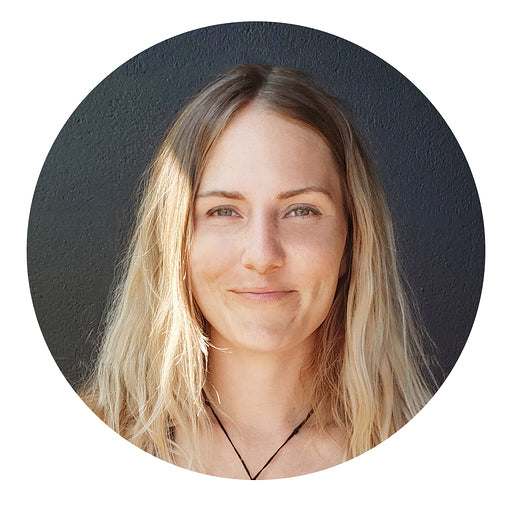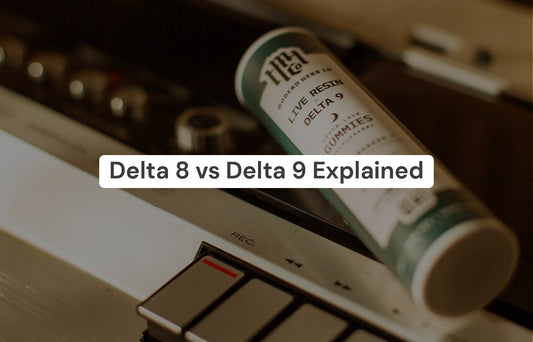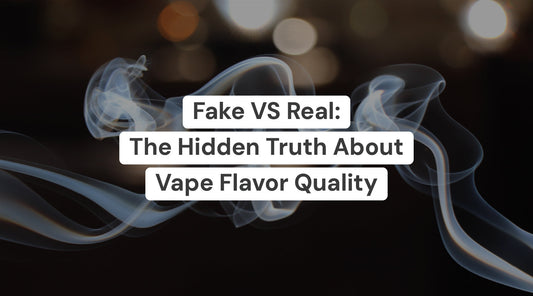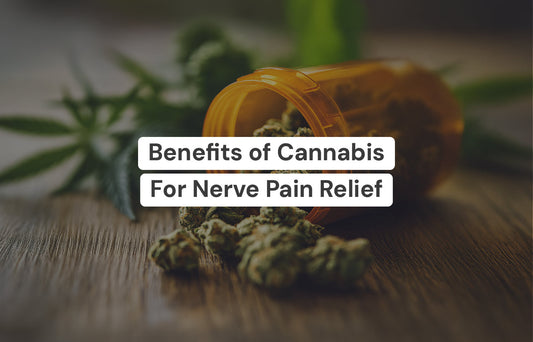CBD Extracts Difference: Crude, Distillate, Water-Soluble, Isolate, Full/Broad-Spectrum
Understanding the different options of CBD oil and extracts is an important first step in building a product line or for growers questioning which processing option is best for their biomass and flower after harvest. There are many types of CBD oils (extracts) to choose from, each with many points of consideration. How potent and effective the CBD will be should be the first variable explored but legality of the different extracts and cost of each to process and buy is where many understandably start instead. One of the first things to understand, is the difference between each CBD extract and the terminology used to describe the range of compounds found in each. Let's start with an overview of that. THE DIFFERENCE BETWEEN CBD EXTRACTS, FROM LEAST TO MOST REFINED:
- Flower or Biomass (Whole Plant/Full-Spectrum, contains CBD/THC)
- Solventless Extract (Full-Spectrum, contains CBD/THC)
- Unrefined crude (Full-Spectrum, contains CBD/THC, solvent removed)
- Winterized Crude (Full-Spectrum, contains CBD/THC, fats removed)
- Decarboxylated Crude (Full-Spectrum, contains CBD/THC)
- Distillate (Full-Spectrum, contains CBD/THC)
- THC Free Distillate (Broad-Spectrum, contains CBD, no THC)
- Water-Soluble (Broad-Spectrum, contains CBD, no THC)
- Water-Soluble (Isolate, contains CBD, no THC)
- Isolate (contains CBD, no THC)
WHAT IS THE DIFFERENCE BETWEEN WHOLE PLANT, BROAD-SPECTRUM AND FULL-SPECTRUM?
- WHOLE PLANT is the whole plant: flower, trim etc. Contains important plant constituents, CBD and THC
- FULL-SPECTRUM: Contains important plant constituents, CBD and THC minus the plant material
- BROAD-SPECTRUM: Contains important plant constituents and CBD minus the THC, undesirable compounds and plant material
Table of content
PROCESSING HEMP INTO THE VARIOUS CBD EXTRACTS
OVERVIEW
- Compounds are extracted from plant material
- Solvents (if used) are removed
- Extract can be winterized
- Extract can be decarboxylated
- THC may be remediated
- THC may be removed completely
- Extract can be refined down to isolated CBD compound
The main methods of extracting CBD rich hemp flower and biomass is through Ethanol or CO2 but BHO and solventless are also options. Ethanol is cheaper and faster the CO2 and pulls out a large amount of the plants constituents. CO2 is more targeted and takes longer with lower returns since it isn't pulling out everything from the plant.
METHODS OF EXTRACTIONS
- Solventless extraction
- CO2 or cold temperature extraction
- Solvent based extraction
- Ethanol or BHO
Once the hemp plant material has gone through this first layer of extraction you end up with an extract referred to as CBD crude and also known as "Raw, EHO, CBD RSO". CBD Crude is a thick dark goo which is full-spectrum meaning it includes all of the plant constituents including CBD and THC as well as other important minors. *All that has been removed is the plant material itself. *when we say all, research is still uncovering plant constituents and we imagine this will continue for a while so for now, "all" means, all that we know of. We recommended crude in product formulations as it is one of the more rich and effective concentrates due to its inclusion of all of the plant parts, many which are still under-researched and cannot be discluded as valuable. A downside to crude is it is thick and harder to work with unless heated. It also imparts a noticeable taste into products and can cause products to be discolored since it has chlorophyll present. After the crude is extracted, if a solvent was used, the next step is removal of the solvent and winterization. During the winterization process, the extract is filtered to remove the ethanol along with plant lipids and waxes.
In slightly more detail, the process of winterizing CBD, uses a solvent and cold temperatures to separate lipids and other desired oil compounds from waxes.
Winterization fractions and separates the triglycerides found in fats and oils, using the difference in the melting points, solubility, and volatility. The cold temperature allows for the separation of compounds by these different points. During cooling the fats and waxes with higher melting points will precipitate out and can then be removed by filtration, centrifugation, decantation, leaving a pure, liquid oil extract behind. Removal of certain plant compounds including chlorophyll, leaves a golden colored, clarified oil that imparts less of a taste and color in products it's added to.
Decarboxylation is the next optional stage of processing the crude. In decarboxylation, the crude is heated at a low temp over an extended time period to convert the acids THCa and CBDa into their activated forms, Delta 9 and CBD.
Decarboxylation is important if the crude won't be heated in the final product. An example of this is the crude is going into a topical or tincture versus a vape pen. Another stage of refinement is the remediation of THC levels. Since crudes is a concentrate, it will push levels of Delta9 and THCa over the legal limit and need to be remediated to bring it back down to a legal limit of less then .3% delta 9 and less then .3% total THC in some states. Remediation of THC can happen a variety of ways including bringing the levels down by cutting the concentrate with other oils or compounds. THC can also be completely removed from the distillate becoming what is known as THC free Distillate or Broad-Spectrum Distillate. The last stage of refinement that can be done, is to remove all of the remaining parts of the plant to leave only the isolated CBD, creating Isolate. A tasteless, relatively odorless, white powder that can be formulated into a variety of products. CHOOSING THE BEST CBD OIL FOR YOUR NEED Now that you know more about the different types of CBD oil you'll need to consider things like desired:
- Profit margin related to the different extracts
- Who's your target demographic?
- What quality, taste and price preferences does that demographic have?
- What viscosity is ideal for your products formulation?
Ready to buy wholesale bulk CBD extracts for your product? View the wholesale products section of this site to see product availability and pricing.
The Hemp Collective has strategic partnerships with processors and critical support services in the hemp industry. We curate those relationships based on ensurance of,
- The highest quality CBD extracts available
- High-volume availability
- Competitive pricing and terms
- Low minimums for starting companies
- Consistency of product between orders
- A commitment to serving the industry
Related Post

About Ashley Dellinger
Ashley Dellinger is a trailblazer in the cannabis and hemp sectors, serving as the Director of Innovation at The Hemp Collect. With a keen visionary mindset, she not only propels advancements in these industries but also showcases her versatility as a seasoned professional writer based in Oregon. As a collaborative force, Ashley works alongside leading brands, processors, and retailers to elevate industry standards. Ashley Dellinger's work not only sets new benchmarks but also inspires others to pursue excellence. For a closer look into her insights and experiences, connect with Ashley on LinkedIn, Instagram, and Facebook.
















